Our approach to 2 - 4 year olds.
At age 2, in First Steps, children might be joining us for the first time, or progressing from our Early Learners class. We help children gently adapt to a new routine and build strong bonds with teachers and friends. We love to see how quickly children settle in with us, and how they approach each day with genuine excitement. A day in First Steps is one of fun, exploration and energetic activity!
As they move into Rising Reception at age 3, children really start to develop their sense of self, becoming independent little people with opinions and questions that all help them to understand their place in the world and to absorb new skills and information like sponges! The play-based learning continues, adding in new experiences and layering over new opportunities to develop their language, to build relationships, to be imaginative and develop all the ‘what comes before’ skills they need for the next step into Reception.
Jump down to:
